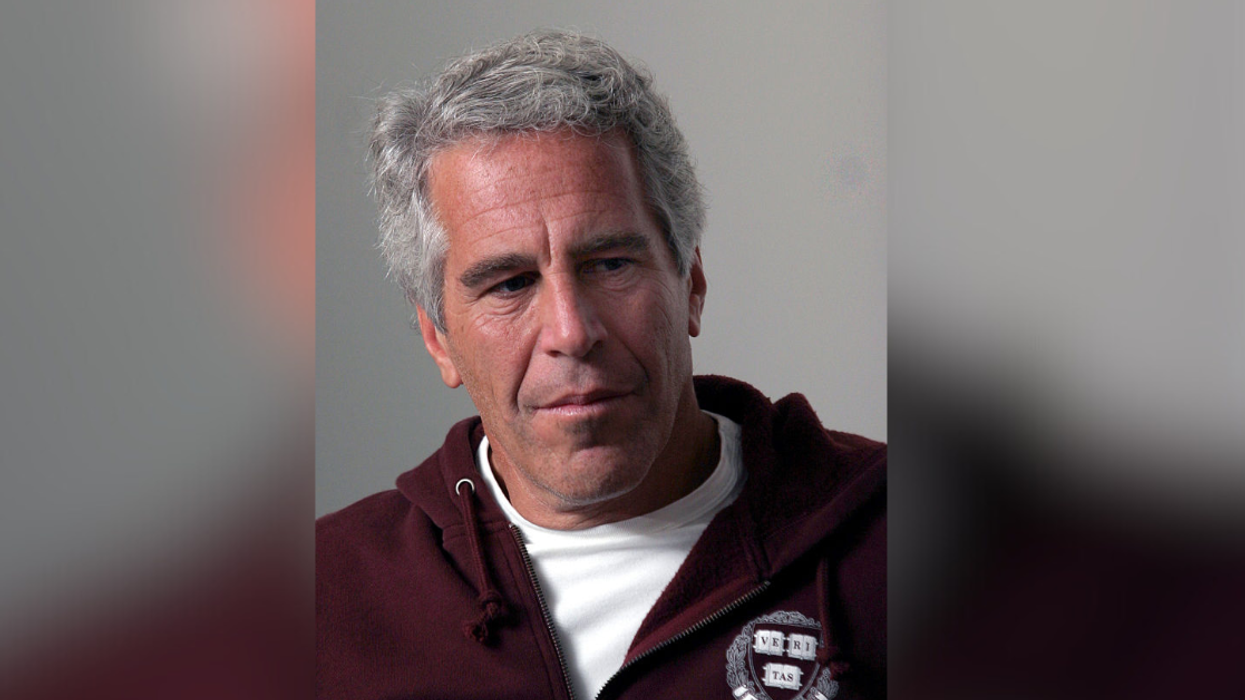Despite facing a tragic setback earlier this year, OceanGate's co-founder, Guillermo Söhnlein, remains undeterred and is now setting his sights on an audacious space mission.
Following the doomed Titan submersible trip in June, which claimed the lives of five people, including his co-founder Stockton Rush, Söhnlein is now determined to send 1,000 people to Venus.
In an interview with Insider, Söhnlein revealed his new ambitions for space exploration. He envisions having a community of 1000 people living on the surface of Venus, the hottest planet in our solar system, by the year 2050. This vision may seem far-fetched, but Söhnlein is resolute in his determination.
Acknowledging the skepticism surrounding such an endeavor, especially considering Venus' hostile conditions, Söhnlein compared his goal to Elon Musk's ambitions for Mars. He believes that making humanity a multi-planet species has been his lifelong dream since the age of 11, where he had recurring dreams of leading the first Martian colony.
He said:
"I think it is less aspirational than putting a million people on the Martian surface by 2050."
"You're absolutely right that when you talk about going to Venus, it would raise eyebrows outside the space industry. And it even raises eyebrows inside the space industry."
"I think I've been driven to help make humanity a multi-planet species since I was 11 years old, I had this recurring dream of being the commander of the first Martian colony."
While Venus may currently be one of the least hospitable planets in our galaxy, with its scorching temperatures and toxic atmosphere, Söhnlein remains optimistic about the potential of a floating space station that could withstand these extreme conditions.
His Humans2Venus project, co-founded with researcher Khalid Al-Ali, aims to develop technologies that reduce launch costs and fund space projects without relying on government funding.
But considering how easily and unrepetantly OceanGate cut corners with its construction of the Titan submersible—to the point where several lives were lost as a result—no one has much confidence in the company's ability to deliver.
Social media users swiftly mocked Söhnlein's proposal.
Communication with Titan was lost on June 18, a recurring issue observed during previous test and tour dives.
Due to this history, OceanGate refrained from immediately alerting the authorities, assuming that it might be another temporary loss of contact. However, as the submersible remained overdue for its return, concerns escalated, leading to a widespread international search and rescue effort.
Tragically, the search concluded on June 22, 2023, when debris from Titan was discovered roughly 1,600 feet from the bow of the Titanic. It immediately became apparent that the submersible had suffered a catastrophic implosion, resulting in its destruction.
Following the devastating news of Titan's fate, OceanGate closed its main office in Washington and its subsidiary, OceanGate Expeditions promptly suspended all operations.

















 @AB84/X; @Chase_leon7/X
@AB84/X; @Chase_leon7/X